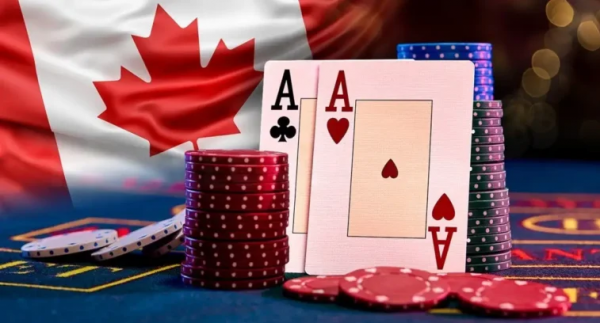I have heard professional poker players describe how a lot of what they have learned about poker helps them off the table in their personal lives. After four years of studying poker myself I finally have experienced that firsthand. It comes as no surprise to me that a book on the topic of avoiding tilt would be the first poker subject to apply directly to my private life away from the felt. You see, I deal with going on tilt all day long whether it’s being cut off on my morning commute, getting the blue screen of death on my computer losing unsaved work at the office, or being wrong in yet another trivial debate with my understanding and lovely wife at home. I am guessing I am not alone in that camp. Life, like poker, can reduce us to adult children at times leaving us ready to throw a temper tantrum and often there are consequences. At the poker table, the result is often a big hit to our bankroll. Fortunately Roland Gary Jones, a Bankruptcy Attorney, wrote a book called 50 Mental Biases That Cost You Money at the Poker Table, which offers a science-based solution to the tilt problem. Not only will his book help save your stack, it also has potential to save you time and money on a therapist’s couch!

Not only did I enjoy this book because it jammed 50 practical solutions to tilt into its some 178 pages, but also because I LOVE Sociology and Psychology, and this book is jam-packed with it. It literally had hundreds of references to behavioral science research, analysis, experiments, and studies. I am just fascinated with those subjects and you ought to be, too! If figuring out pot odds is a science and figuring out hand odds and recognizing tells is an art form, then you should consider familiarizing yourself with some of the concepts.
This book will not only help you understand some of your own subconscious tendencies and underlying mental and emotional attitudes, but will help toward understanding and identifying other players disposition and biases. Bias number 4 in Jones’ book is the Projection Bias, which is our natural bent toward assuming other people think like us and have the same views. He describes a few life examples and then gives a few poker examples to illustrate the Projection Bias, such as opening with pocket kings and being called. The flop is 2, 7, 7 and you c-bet presuming the Villain would never have a 2, 7 in their hand. You put them on tens, jacks, or queens. The turn is a king. You check. Villain goes all-in. You call. He flips over 2, 7 off-suit. Because you would never play or bet 2, 7 off-suit, you assume nobody else would. Villain exclaims after he flips his cards over, “I love 2, 7. It’s my favorite hand.” Now fortunately in that particular example the Hero scoops the pot, but more often than not this bias will result in the loss of your entire stack.
Jones then goes on to provide an analysis and strategy to overcome the bias. Additionally he includes links to the many references he draws from to support the conclusions being made, which are fascinating in their own right. This book is packed with practical instruction to overcoming tilt. It’s also helpful in identifying the many subtle manifestations of tilt. I thought I knew what exactly tilt was. Well, the truth is I was ignorant of all the various ways poker can drive someone crazy!
If you are looking to be mindful of the many ways tilt can rear its ugly head, avoid it, and recognize when someone else is under its influence, this book is a must-have in your poker library. The truth is we don’t know what we don’t know. If you take poker seriously you have read and studied Hold’em game theory books, and perhaps even a book or two on poker tells. Jones’ insight into the depths of the subconscious is remarkable and he unpacks it in a very simple-to-understand way. You don’t need a degree to get this stuff, and it will have a direct immediate impact on your bottom line. When a Bankruptcy Attorney writes a book about how to increase your bankroll you just might want to pay attention!
Here is another example I love; it’s the laziness bias. The author explains, “The laziness bias is a mental bias in which we simply accept someone’s representations and narratives explaining an event that seem to be true because it requires no extra effort on our behalf. It is much more difficult to doubt a story that connects dots in front of you than to think of all the alternative explanations.” The poker example he gives to illustrate this specific bias goes like this, “Villain raises pre-flop without hesitation. They raise post-flop without hesitation. It is easy to believe they have a big pair or a set. Everyone folds and they show air.” This one is great because it really gets to the core difference between a pro poker player and a fishy reg. The difference is time put in away from the table, not quantity of hands played.
So, congratulations to you if you are reading this review considering getting Jones’ book, 50 Mental Biases That Cost You Money at the Poker Table, because you are now one step ahead. You’re putting in the work away from the table that is going to improve your game and boost your bankroll!







Comments